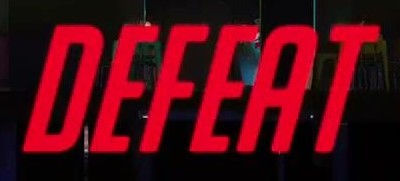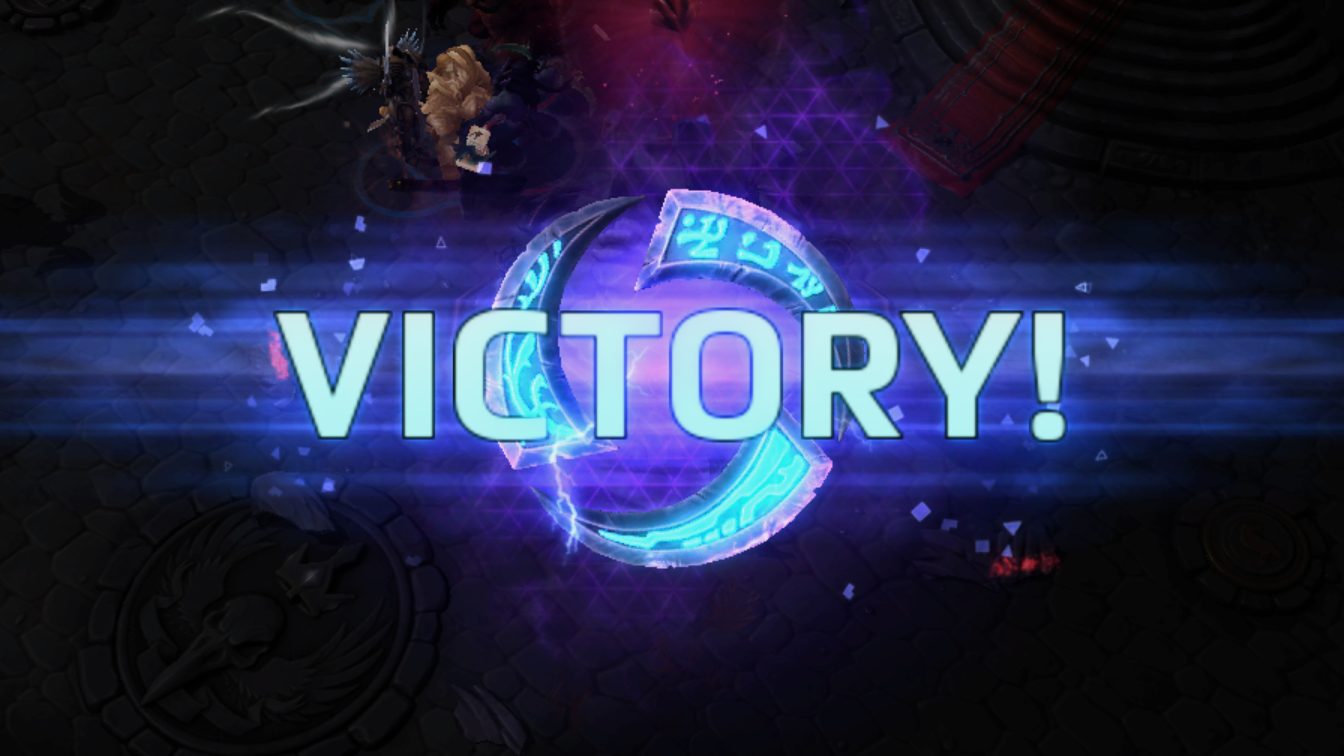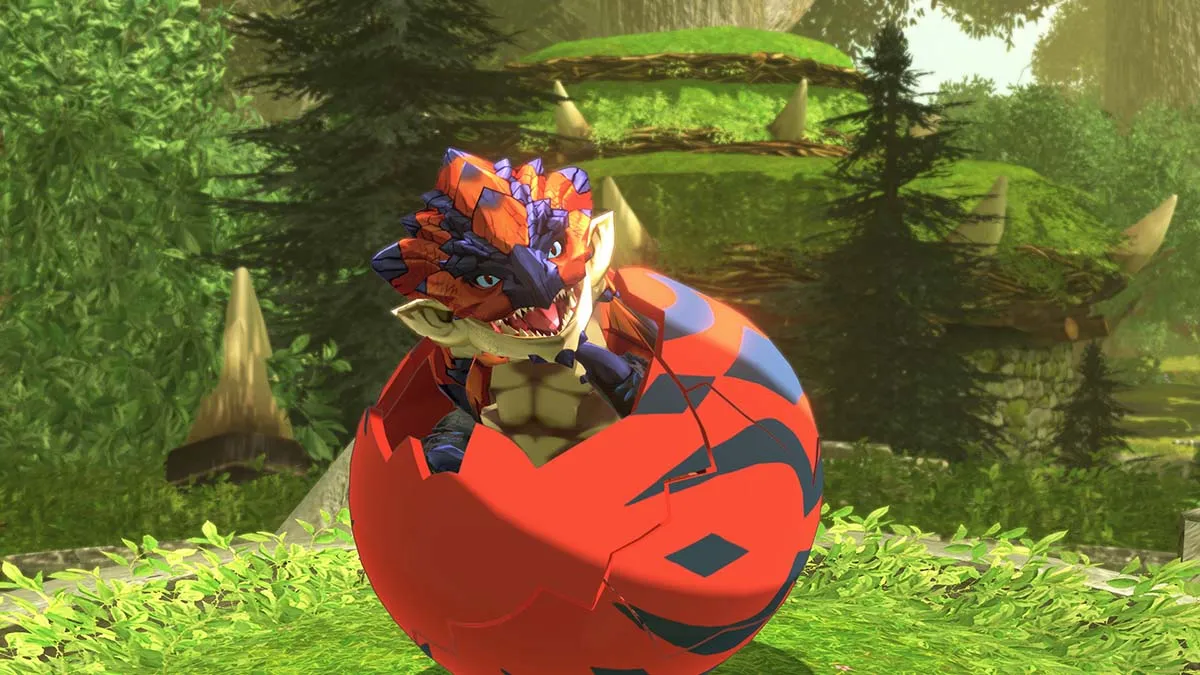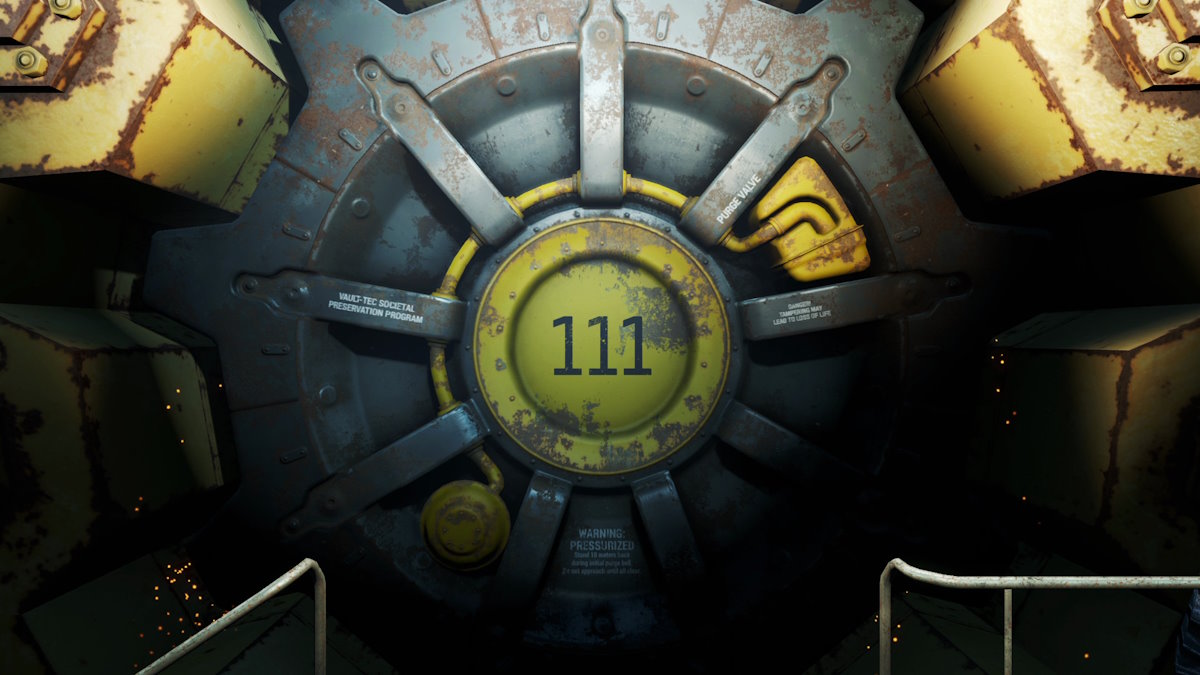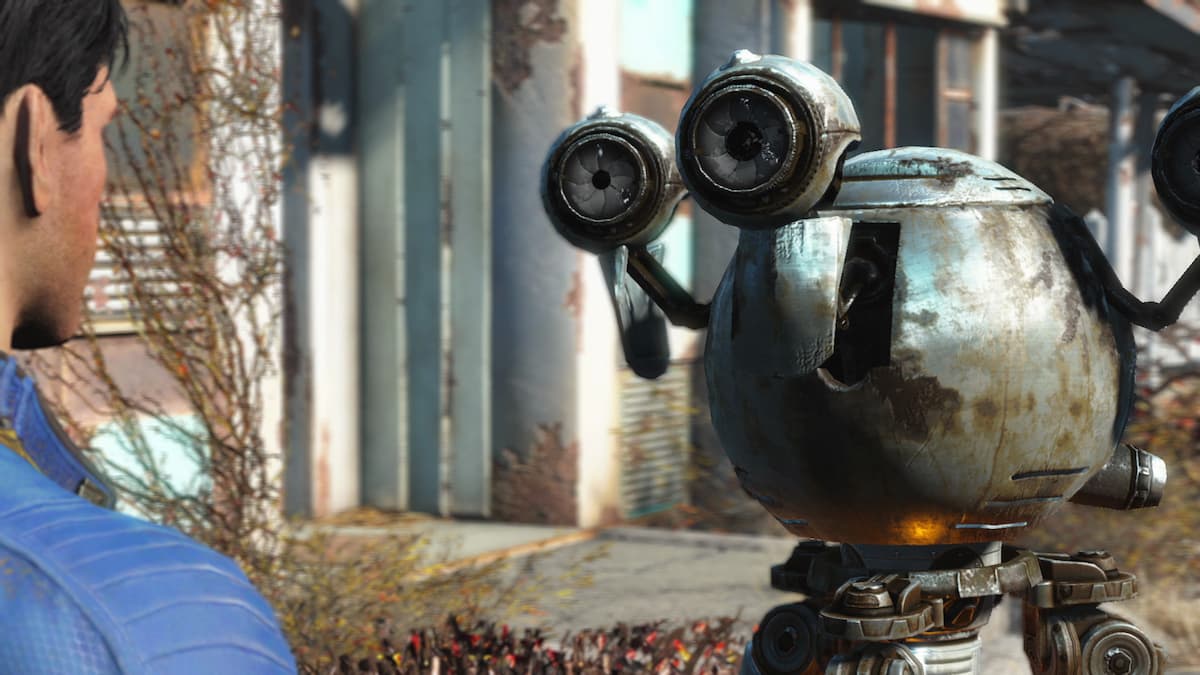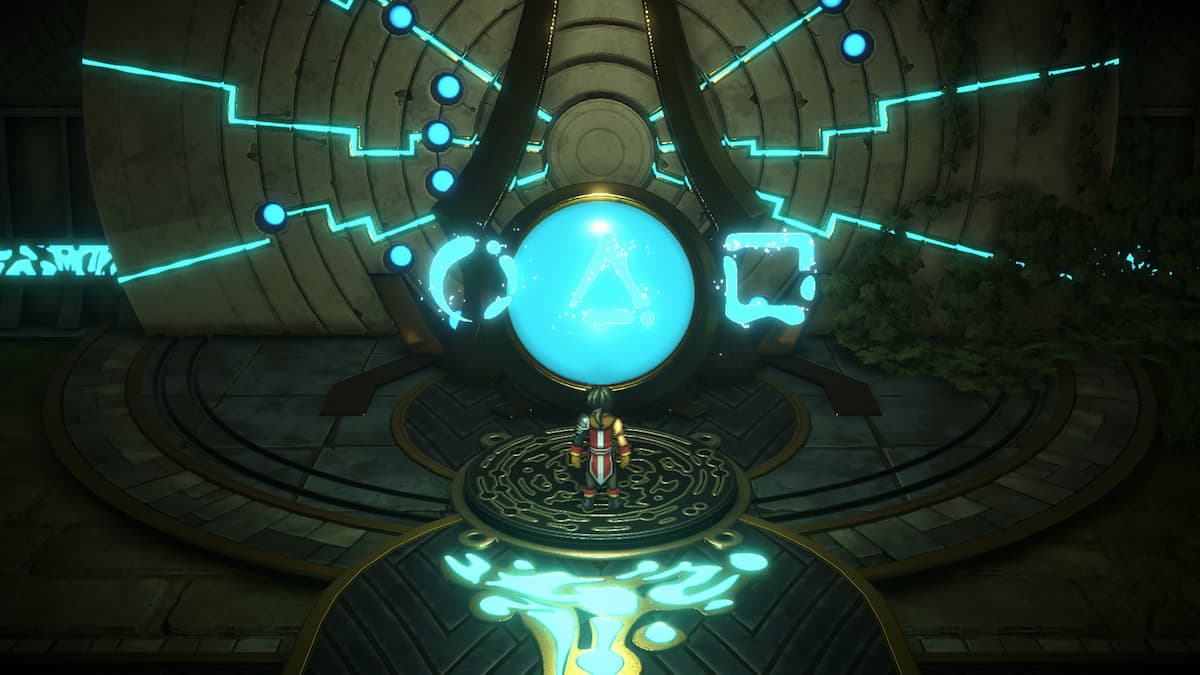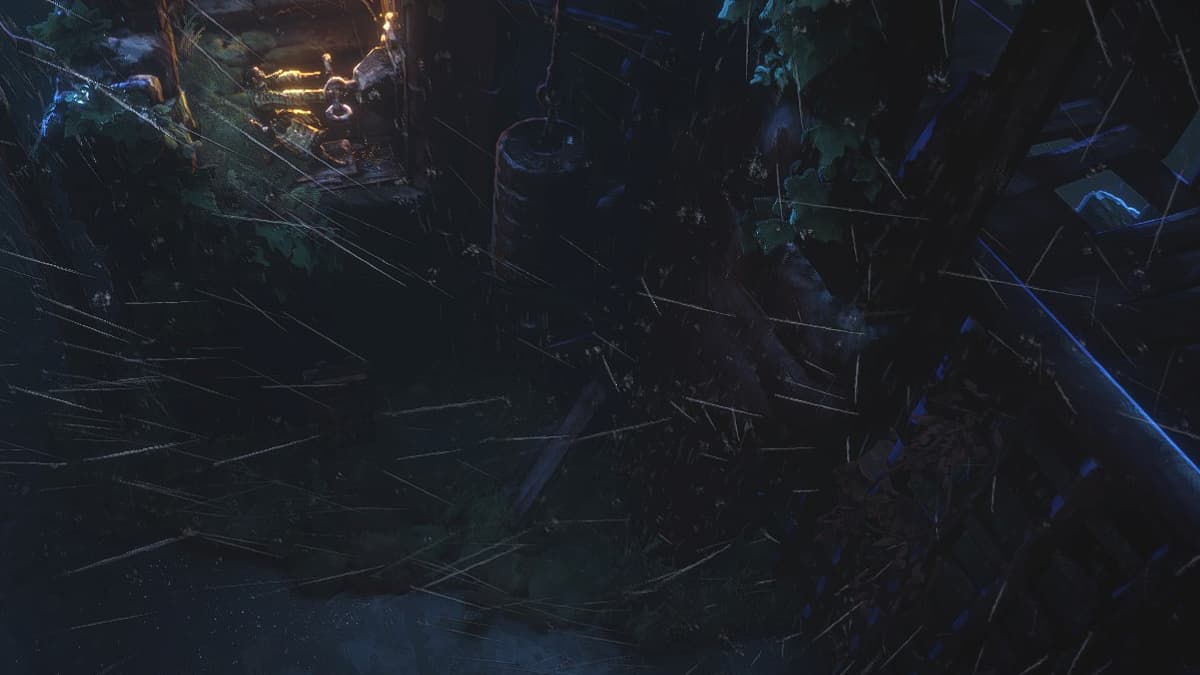If you’ve played any games competitively (or even noncompetitively), you’ve probably heard one phrase a lot since you started. You’ve heard it whenever you started learning an instrument, lifting weights, trying sports, learning a new skill, or generally doing a thing or being around anyone who does. It’s almost impossible to avoid having heard it at least once in your life.
“Practice makes perfect”.
And, for a large part – that’s true. Sure, sometimes you’re just sort of naturally gifted at something. Sometimes you’re a prodigy, and have a massive head start right out of the gates. In order to get better, though, you still have to practice. In order to improve, you train. Every person, every place, every time. In fact, a large part of PowerUP, my series right here on GameSkinny is almost entirely dedicated to helping you practice new and good habits for your climb to the top of the ranked ladder in whichever game you decide to dominate.
That’s the key though, isn’t it? It’s not practice itself that makes you better, it’s practicing good habits and skills. Practicing bad habits is going to make you worse at whatever it is you’re doing (or make you better at being bad, however you want to look at it) – and habits don’t get much worse than grinding the Ranked/Competitive Ladder.
I know, I know. The Ranked climb is how you know you’re getting better, right? Learn things, practice, skill up, ranked up, shiny new metal for your Rank. The Ranked climb is your single ticket to the top.
Except it isn’t – it’s usually a one way trip to the bottom, and here’s why:
They’re usually team games – without a team
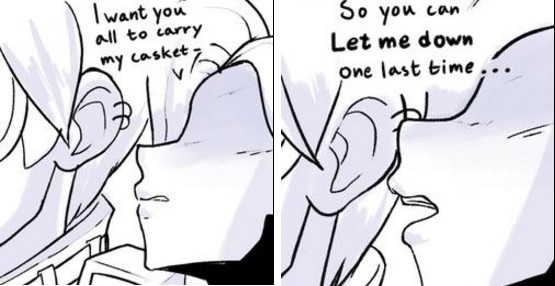
The end goal of practice is to be better at any given thing – and it’s hard to find a more solid image of “better” at a pursuit than the professional scene. For many players, the end goal of practice is the professional scene. So when talking about the merits (or lack thereof) of the Ranked grind, it serves us well to compare it to the professional gaming scene equivalent.
Take one of the major stars of the eSports world currently – MOBAs. Ranked ladders across most Battle Arenas are solo, duo, or sometimes triple queue – meaning you often can only queue competitively with one, two, or three people in your party. The rest are “pick ups” or “Pugs” (technically PUGs are pick up games, but the term has broadened to the randomly assigned players you find in said games as well). Half of any given game of 5v5 is just praying to whatever will listen, “Please, please let them have any idea what they’re doing”.
Often, they do not. Just as often, they do – but even if they do, what they’re doing might be on a totally different wavelength than what you’re doing. Their skillsets, plans, and style of play are not only totally able to be completely out of sync with yours, but possibly out of sync with the game as a whole.
You know what many successfully professional teams don’t have to do every game in their matches on the tournament stage? Deal with any of that. Adapting to the enemy, sure – but not your own team. At least, not after the first few games played together, after which the team will (usually) have gelled. Certainly not every game.
Is learning how to work together on the fly a valuable skillset to have? Sure, in Ranked matches. Is it an applicable skill to the top tier of competitive play? Not in the slightest. It’s like being able to deal with trolls in competitive games – useful skill, but one totally alien to the professional scene.
The single most obvious and heavily practiced aspect of any current MOBA – quick team building – is nearly never utilized in the professional scene. It doesn’t matter how good your Thor is, or if your Mid game might as well be Faker’s, because we’re given a few minutes to succeed at what professional teams allow themselves weeks or months to achieve. Every. Game.
We are spending hours, and entire games suffering through the learning process and consequences of a skillset that, if we’re successful in our dreams of professional play, we will not use. You don’t practice drums to get better at guitar – and you shouldn’t practice with PUGs for competitive team games.
Evidently, the professional scene at least somewhat agrees – which is why the professional/semi-pro “in house” community tends to be alive and well across most major competitive games, and team vs. team “scrims” are common to keep skills sharp.
Even single player titles are rarely the same game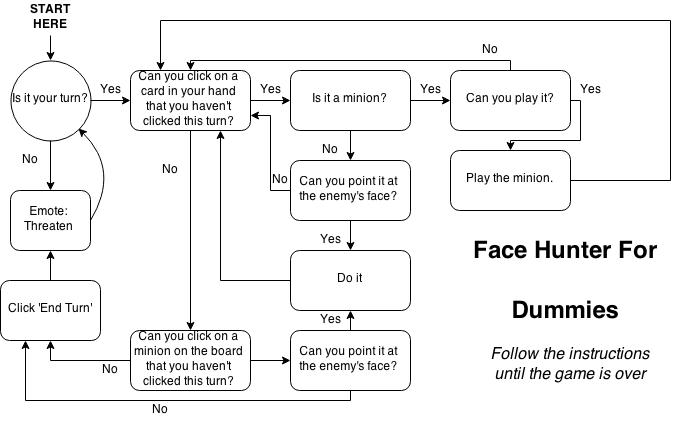
This veers dangerously close to “meta” territory, but as team-based competitive ladders force prospective professionals into strange situations not found in the upper tiers, so too do many single player titles. The broken, dangerous “bait and switch” of Hearthstone‘s competitive ladder vs its professional tournament scene is a prime example of specifically this.
In the simplest possible terms – Hearthstone‘s Ranked ladder, the cornerstone of competitive Hearthstone play worldwide and the main avenue of entry into premiere Blizzard tournaments, is not the same game as said tournaments. The “Conquest” style of play, wherein multiple decks are selected for each player, who then bans one of the opponent’s decks before shuffling up until one player wins with all of their selections, is not found anywhere in the actual Ranked ladder. It is not available. Players cannot practice Conquest, the default mode of premiere Hearthstone tournaments, at all in their grind to Legend.
As the ladder itself is best of one (and mostly grinding odds), certain decks are massively over-represented when compared to their tournament appearance – because they suit the ladder, the much different game of the ladder, far better than their Conquest counterparts.
So, as possible Hearthstone professionals, we have to ask ourselves as we work towards that Rank 1 Legend – what exactly are we practicing? The answer, after you’ve achieved relative competence at basic game mechanics (which doesn’t take long if you’re actively attempting to learn), is “not much that’s relevant”.
So what’s the winning play?
The winning play in games with broken ladder systems (read: nearly all current offerings) is the same as any broken contest – don’t play. Now, I don’t mean don’t play the game, mind you. If your goal is to become a top tier professional team or player in League of Legends, SMITE, CS:GO, Duelyst….anything, really, then by all means practice that game. Practice it until your hands go numb and eyes bleed from the glare of your computer monitor (note: please do not actually play until body parts go numb or bleed). Practice it so much you can play it blindfolded and drunk.
Mostly importantly, make sure what you’re studying is what’s actually going to be on the test. If you’re practicing in a 5v5 MOBA, get a team of 5 together and play against other teams as often as possible. Work on eliminating as much of the “out of game” elements as possible, letting you (and your teammates) focus on improving your mechanics and teamwork much more effectively.
If you’re playing a single player game, make sure that your practice experience matches that of the tournaments you’ll be attending. If you’re going to try to grind Conquest tournaments of Hearthstone, make sure to actually practice Conquest.
In general, improving your odds at tournament performance and success can be achieved by following these three rules –
1. If at all possible, practice with those who are better (preferably much better) than you are as often as you can.
2. Recreate tournament conditions of play as accurate as possible.
3. Isolate variables that need improvement as much as possible – practicing six things at once is going to leave your mental gains lacking compared to only practicing a thing or two consistently until you have it down.
Now, ask yourself –
Does your competitive ladder follow these rules? Does MMR calibrated to find players of around your skill level meet rule one? Do the constant format changes and PUG games meet rule two? Does the mad mess of ranked trolls, “testing” players, bought accounts, and complete lack of communication and teamwork meet rule three?
I’m willing to wager not.
There’s no bright light at the top of the Ranked climb – just an endless abyss of wasted time and salt at the bottom. We’re going to need to practice smarter, not harder. We’re going to have to think laterally if we want to bring our game to new heights.
We’re going to have to get off the ladder, and go play games that matter.

